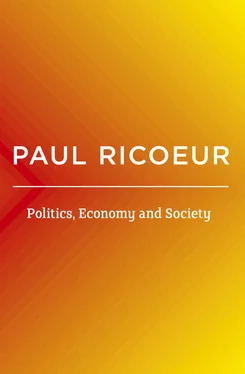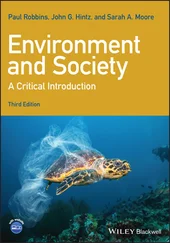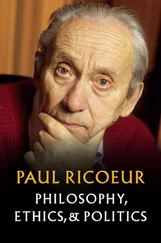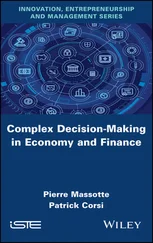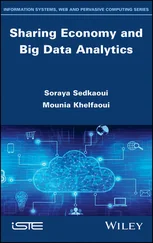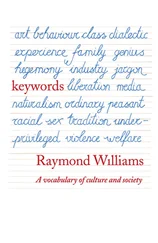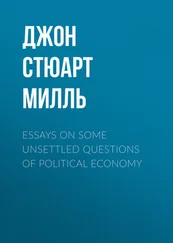3. Finally, this vigilance has to take a properly political form and link together with the institutional reform we were speaking of earlier. Indeed, we have at one and the same time to reinforce the State and to limit its power: this is the most extreme practical consequence of our entire analysis. This means the following: in the period when we have to extend the competencies of the State in the economic and social arena and to move forward along the path of the socialist State , we have to take up once again the task of liberal politics , which has always consisted in two things: dividing power among various powers, and controlling the power of the executive by means of popular representation.
Dividing power means, in particular, ensuring the independence of judges which the political tends to subjugate. This is what Stalinism ran up against, because the tyrant could not have purged and liquidated his political enemies without the complicity and subservience of the power of the judiciary. But the division of power perhaps implies the invention of new powers which the liberal tradition has not known; I am thinking in particular of the necessity of guaranteeing, and even of establishing the independence of, cultural power, which in fact covers a vast domain, from the university (which has not yet found its appropriate place, between independence with respect to the executive and the anarchical freedom of competition) to the press (which currently has a choice solely between State support or capitalist support), passing by way of scientific research, publishing, and the fine arts. The socialist State, more than any other, requires this sort of separation of powers, by reason of the very economic concentration of power it exercises; more than any other, it needs the independence of judges, of the university, and of the press. If citizens have access to no sources of information other than those of the State, socialist power immediately veers toward tyranny; the same is true if scientific research and literary and artistic creation are not free.
However, power cannot be divided unless executive power is controlled . And here I want to recall how misleading is the dream of the withering away of the State, originating in anarchism and integrated into communism. To be sure, the repressive apparatus of the bourgeois State, its military and police forces, can wither away, but not the State as the power of organization and decision-making, as a monopoly of unconditional constraint. In any case, the State has to be reinforced before eventually withering away. And the problem is keeping it from subjugating people during the no doubt lengthy period in which it will still have to be reinforced. Now, the control of the State is the control by the citizens, by the workers, by the base. It is the movement of sovereignty from the bottom up, in opposition to the government’s movement from the top down, and this bottom-up movement has to be willed, managed, defended, and extended in opposition to the tendency of power to eliminate the forces out of which this bottom-up movement has come. This is the entire meaning of the liberal combat.
***
I have said that there is not a Christian politics, but a politics of the Christian as a citizen. It must be said that there is a Christian style in politics .
This style consists in finding the just place of the political in life: elevated but not supreme. An elevated place, because the political is the primary education of the human species, through order and justice, but not the supreme place, because this violent pedagogy educates human beings in external freedom, but does not save them, does not free them radically from themselves, does not make them “happy,” in the sense of the Beatitudes.
This style consists as well in the seriousness of the engagement, without the fanaticism of faith. For the Christian knows that she is responsible for an institution that is God’s intention with respect to human history, but she knows that this institution falls prey to a vertigo of power, with a desire of divinization that clings to it, body and soul.
Finally, this style marks a vigilance that wards against sterile critique as well as against millennialist utopia.
A single intention animates this style: making the State possible, in accordance with its proper destination, in this precarious interval between the passions of individuals and the preaching of reciprocal love, which forgives and repays good for evil.
1 1 Oscar Cullmann, Christ and Time: The Primitive Christian Conception of Time and History, tr. F. Filson (Eugene, OR: Wipf and Stock, 3rd edition, 2018).
2 From Marxism to Contemporary Communism
Up to what point is contemporary communism, guided by the Party and bound up with the political fate of the Soviet Union, the sole and legitimate heir to Marx and, more specifically, to his written work?
The question occupying us here is prior to all discussion broadly concerning Marxism and orthodox communism.
I would like to show that, from Marx to Stalin, there exists a considerable gap, that from one to the other, Marxism has continued to close itself off , conceiving of itself more and more dogmatically and in a more mechanistic sense. Political Machiavellianism has smothered it as free thought; its eschatology has been reduced to a technological aspiration. And yet Marxism is more comprehensive than its Stalinist projection.
We are going to try to understand this movement of Marxism’s progressive crystallization.
We must go back to the young Marx’s philosophy: it truly constitutes the nebula of Marxism . The roots of this philosophy extend down into the theology of the young Hegel.
It is indeed in the Early Theological Writings that the theme of alienation, in the sense of the loss of human substance in an Other than self, is developed in Hegel. For the young Hegel, initially the Jew was the model of this consciousness, canceling itself by emptying itself in a foreign Absolute. However, throughout his entire life, Hegel will try to show the fruitfulness of this “unhappy consciousness,” at least when it is superseded, surpassed, and integrated into absolute knowledge, in which consciousness and its Other are reconciled. Feuerbach would take up the original theme once more and turn it into a radical atheism: if man prostrates himself before God, his task is to “receive … the rejected nature into his heart again”; 1if God appears when man is annihilated, God must disappear in order for man to reappear.
Marx’s atheism is constituted as an extension of this atheism: Marx was atheist and humanist before he was communist. “The religion of workers has no God because it seeks to restore the divinity of man” (letter to Hartmann); it is the (positive) vision of human beings as the producers of their own history which guides the (negative) critique of alienation. One cannot overestimate the importance of the texts in the Economic and Philosophical Manuscripts : here we see the critique of religion, complete in its principle, seeking its economic base. It is the production of the human being by a human being that renders the idea of creation unacceptable: “But since for socialist man the whole of what is called world history is nothing more than the creation of man through human labor, and the development of nature for man, he therefore has palpable and incontrovertible proof of his self-mediated birth , of his process of emergence .” 2Man’s ability to recover what has been lost makes God’s existence superfluous.
But already, this text introduces the feature specific to Marx: the interpretation of man as worker and, as such, as the producer of his own existence: this is where the alienation stemming from Hegel and Feuerbach begins to be placed in an economic and social situation.
Читать дальше
